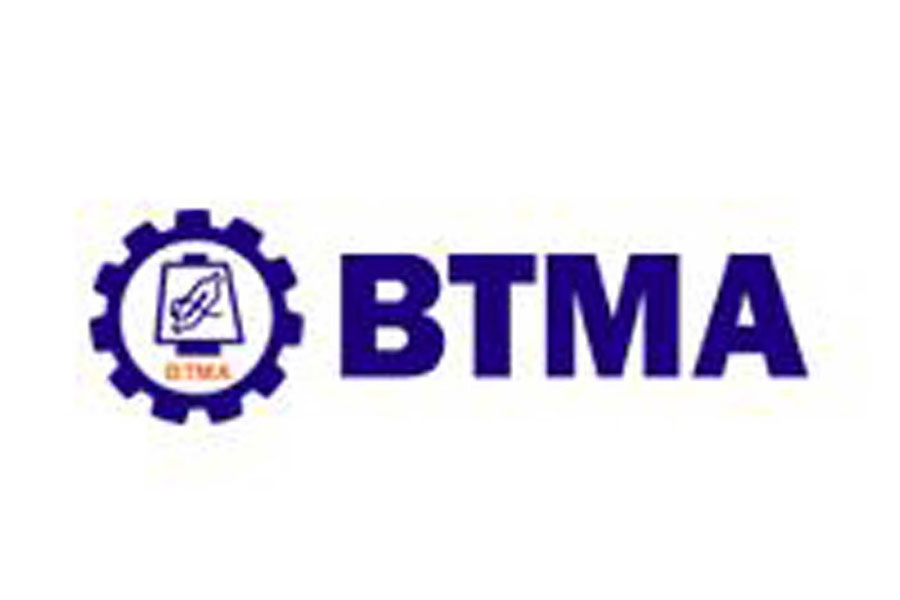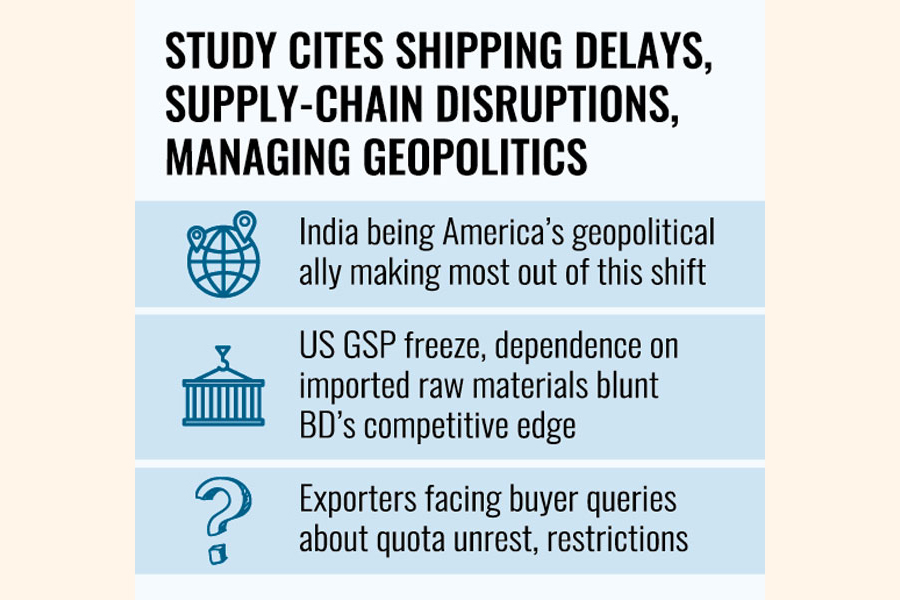Saif
Senior Member
- Joined
- Jan 24, 2024
- Messages
- 15,397
- Reaction score
- 7,874
- Nation

- Residence

- Axis Group


Textile millers urge govt for loan relief amid financial crisis
Bangladesh Textile Mills Association (BTMA) has called on the government to provide lower interest rate loans and suspend loan instalments for six months to help the industry recover from significant losses caused by the recent unrest. In a letter addressed to Finance Minister Abul Hassan Mahmood
Textile millers urge govt for loan relief amid financial crisis
FE Online Desk
Published :
Aug 01, 2024 19:41
Updated :
Aug 01, 2024 19:41

Bangladesh Textile Mills Association (BTMA) has called on the government to provide lower interest rate loans and suspend loan instalments for six months to help the industry recover from significant losses caused by the recent unrest.
In a letter addressed to Finance Minister Abul Hassan Mahmood Ali, BTMA highlighted the severe impact of the unrest on the export sector. The letter noted that garment factories have faced extensive closures during the two weeks of instability, leading to the cancellation of purchase orders, reduced production, worker absenteeism, and raw material shortages, reports UNB.
The garment factory owners are struggling to stay afloat amid these challenges, the letter said. With the monthly payroll for July due, the situation is dire, it said.
BTMA proposed a one-year bank loan at a maximum interest rate of 2.0 per cent to cover the current month's salaries. They warned that without this financial support, there could be disruptions in paying workers' wages and allowances.
In addition to salary support, BTMA requested similar loan terms for paying July's gas and electricity bills.
The association also demanded a suspension of existing loan instalments, arguing that the heavily affected export-oriented industry cannot bear the burden of term loan repayments. They urged the government to make all term loans interest-free for the next six months and to suspend instalment payments.
FE Online Desk
Published :
Aug 01, 2024 19:41
Updated :
Aug 01, 2024 19:41
Bangladesh Textile Mills Association (BTMA) has called on the government to provide lower interest rate loans and suspend loan instalments for six months to help the industry recover from significant losses caused by the recent unrest.
In a letter addressed to Finance Minister Abul Hassan Mahmood Ali, BTMA highlighted the severe impact of the unrest on the export sector. The letter noted that garment factories have faced extensive closures during the two weeks of instability, leading to the cancellation of purchase orders, reduced production, worker absenteeism, and raw material shortages, reports UNB.
The garment factory owners are struggling to stay afloat amid these challenges, the letter said. With the monthly payroll for July due, the situation is dire, it said.
BTMA proposed a one-year bank loan at a maximum interest rate of 2.0 per cent to cover the current month's salaries. They warned that without this financial support, there could be disruptions in paying workers' wages and allowances.
In addition to salary support, BTMA requested similar loan terms for paying July's gas and electricity bills.
The association also demanded a suspension of existing loan instalments, arguing that the heavily affected export-oriented industry cannot bear the burden of term loan repayments. They urged the government to make all term loans interest-free for the next six months and to suspend instalment payments.


